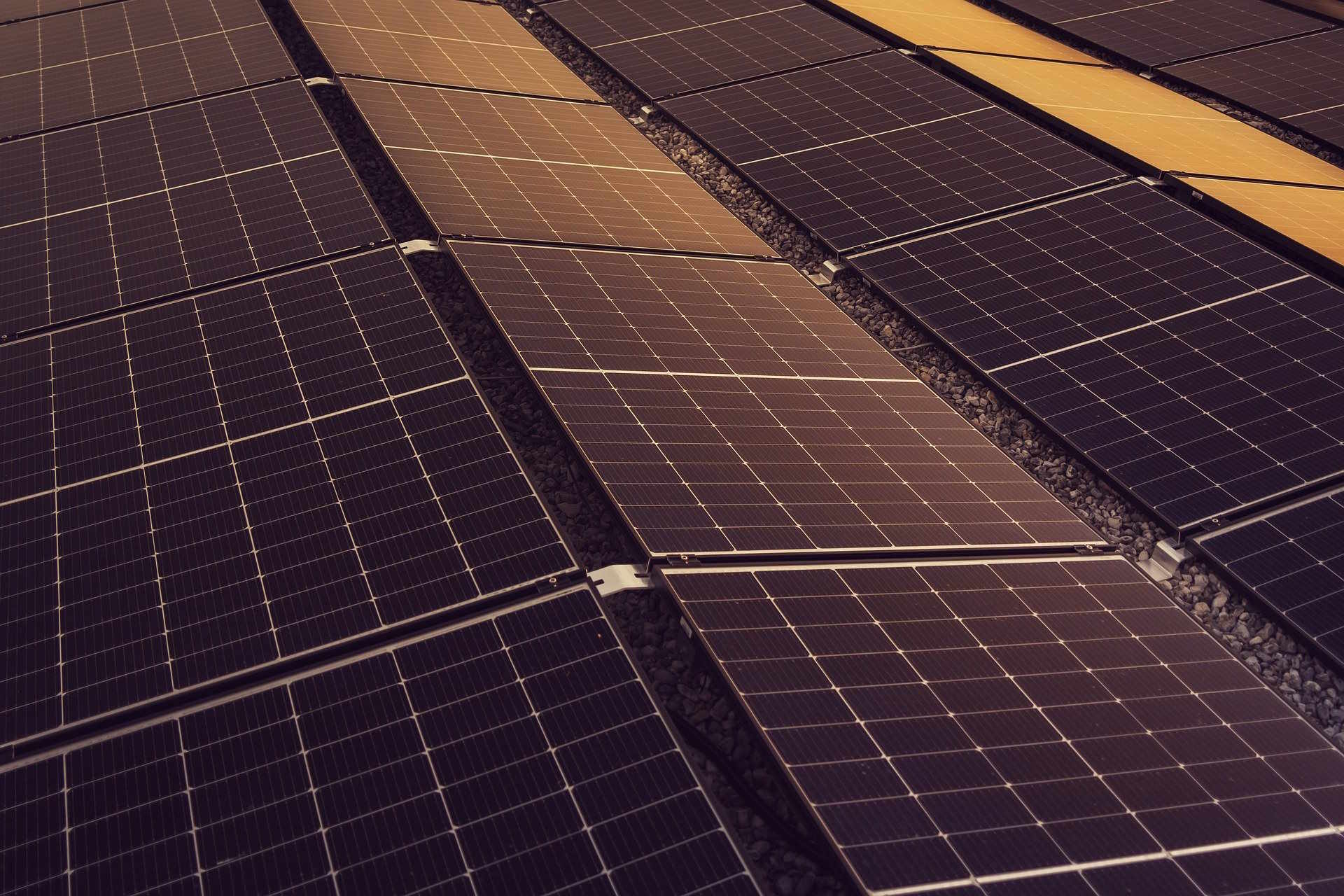Investing in Solar: How Much for Solar Panels in 2024?
As the world continues to embrace renewable energy, solar panel kits are becoming more popular among homeowners and businesses alike. With 2025 just around the corner, many are curious about the affordability of these kits. Are they a sound investment, or do they still come with a hefty price tag? Let’s explore the current state of solar panel kit pricing and what you can expect in the coming year.

How Solar Panels Work and Their Benefits
Solar panels convert sunlight into electricity using photovoltaic (PV) cells. These cells absorb sunlight, generating direct current (DC) electricity. The DC electricity is then converted into alternating current (AC) electricity using an inverter, making it suitable for household use. Any excess energy can be stored in batteries or sent back to the grid, further reducing your utility costs.
One of the primary benefits of installing solar panels is the reduction in your energy bills. Over time, the savings accumulate, making solar systems a cost-effective investment. Solar energy is renewable and eco-friendly, meaning you can lower your carbon footprint while enjoying energy independence. For homeowners in New Zealand, solar panels also increase property value, making them a worthwhile long-term investment.
In New Zealand, the amount of sunlight varies across regions, with places like Auckland, Christchurch, and Wellington having ample sunlight to make solar energy a reliable option. However, efficiency depends on factors like the orientation of your roof and any potential shading.
Grants from Government and Incentives for Solar Systems
One of the key aspects of making solar energy affordable is the availability of government grants and incentives. While New Zealand does not offer direct subsidies for residential solar panel installations, there are financing options and schemes designed to help homeowners make the switch.
The Government of New Zealand provides access to low-interest loans through the Sustainable Energy Loan Program. Additionally, local councils may offer their own incentives, such as interest-free loans for home energy upgrades, including solar installations. These programs reduce the upfront cost of installing solar panels, allowing you to pay off the system over time while enjoying energy savings from day one.
Homeowners are also eligible for tax benefits related to solar panel installations. Moreover, power companies offer buy-back rates for any excess energy you send back to the grid, further enhancing the financial benefits. Researching available grants and financing options can significantly reduce your initial investment in solar energy.
What Influences the Cost of Solar Panels?
Several factors determine the cost of installing a solar panel system in New Zealand. One of the most significant considerations is the size of the system you need, which depends on your household’s energy consumption. A typical home system ranges from 3kW to 10kW, with larger systems capable of producing more electricity but also costing more upfront.
The type of panels you choose also impacts cost. Monocrystalline panels, which are more efficient, are typically more expensive than polycrystalline panels. In addition to the cost of the panels themselves, installation expenses vary depending on the complexity of the job, such as roof accessibility, structural reinforcements, and wiring needs.
Other influencing factors include inverter type, battery storage options, and warranties. In New Zealand, the average cost for a 5kW solar system can range from NZD 8,000 to NZD 12,000, depending on the quality of materials and installation specifics. Keep in mind that while the initial cost may seem high, long-term savings on electricity bills can make up for it.
Useful Tips and Facts about Solar Systems
- Start small: If you’re unsure about committing to a full solar panel system, you can start with a smaller installation and expand over time.
- Research government grants: Look into local council incentives and low-interest loan options for solar systems.
- Monitor your energy usage: Installing an energy monitoring system helps track your electricity consumption and optimize your solar panel efficiency.
- Maintenance: Solar panels require minimal maintenance, but regular cleaning and inspections can help improve their efficiency.
- Consult multiple installers: Always get quotes from multiple companies to ensure competitive pricing and quality service.
Comparing Solar Providers in New Zealand
To help you choose the right solar system provider, we’ve compiled a comparison of five well-regarded companies in New Zealand. These providers offer a range of services, from consultations to full installations, and each one has a different price range and service focus.
| Company | Services Offered | Estimated Cost (5kW System) | Location |
|---|---|---|---|
| Harrisons Energy | Solar panels, battery storage, energy audits | NZD 9,500 - 11,500 | Nationwide |
| Solarcity NZ | Solar leasing, solar panels, grid connection | NZD 8,500 - 10,000 | Nationwide |
| Sunergy Solar | Solar panels, off-grid systems, batteries | NZD 10,000 - 12,000 | North Island |
| Infinite Energy | Solar panels, design and installation, batteries | NZD 8,000 - 10,500 | Auckland |
| Solar Electric NZ | Solar panels, inverters, installation | NZD 9,000 - 11,000 | Christchurch |
Please note that all prices mentioned are estimations and for accurate information, we recommend conducting your own research and visiting the providers’ websites directly.
Conclusion
Solar energy is a smart, eco-friendly investment that offers both financial savings and environmental benefits. By exploring government grants and carefully selecting a trusted provider, you can ensure that your solar system is both cost-effective and long-lasting. Whether you’re looking to reduce your electricity bills or minimize your carbon footprint, solar panels can significantly improve your home’s energy efficiency.




